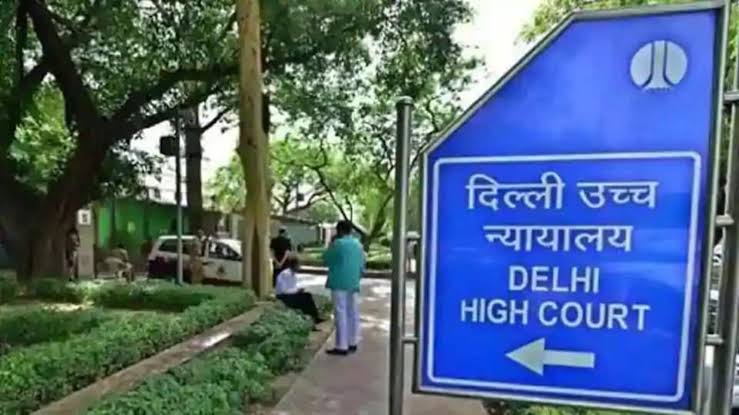Delhi High Court issues notice to quash DRT proceedings by Union Bank of India against homebuyer; asks to proceed against builder

The Delhi High Court has issued notice to quash proceedings initiated by the Union Bank of India in DRT [Debts Recovery Tribunal] for the protection of the home buyer.
The division bench of Justice Vipin Sanghi and Justice Jasmeet Singh stated that, home buyer is to be protected and no recovery shall be made against them thereby,
“Let the respondent bank file its counter-affidavit before the next date. Till the next date, we direct that though the proceedings before the DRT in the pending Original Application may continue and the DRT may even proceed to pass the final order to issue Recovery Certificate, no recovery shall be made from the petitioner till further orders in these proceedings.”
The bench also observed that DRT proceeding can continue against the builder only and the homebuyer should be protected.
In present case the petitioner one Jayanta Kumar Mishra along with his wife had booked a flat with a builder. To finance the payment of the said flat, the petitioner, his wife, and the Corporation Bank (which stands merged with Union Bank of India) entered into a Tripartite Agreement (Sub- Venture Agreement).
Under the said agreement, the entire loan amount was directly released by the bank to PSA Impex Pvt. Ltd. The petitioner received no part of the said amount. Thereafter, the builder did not complete the project.
The petitioner claimed that he had also paid in excess of Rs.11 Lakhs to the respondent builder. As the project had not been completed by the builder and the outstanding loan had not been repaid to the Corporation Bank, the lender initiated proceedings before the DRT both against the petitioner as well as the builder/ PSA Impex Pvt. Ltd.
The counsel for the petitioner Adv. Anshul Gupta submitted that the amount was disbursed by Corporation Bank to the Builder recklessly, without adhering to the terms and conditions of the Sub-Venture Agreement.
“Moreover, under the agreement itself, it is the liability of the respondent builder to repay the loan in the eventuality of the project not being completed and possession not being handed over to the petitioner,” he added.
Case Title - Jayanta Kumar Mishra v Union of India & Ors.
